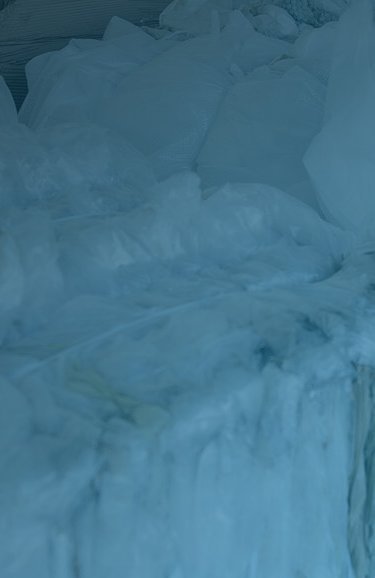
Soft Plastic Recycling
In this article, we’ll explore why soft plastic recycling matters, and how Mil-tek’s waste management solutions can help streamline collection, compaction, and recycling to reduce costs and environmental impact.
The importance of soft plastic recycling
Soft plastics are lightweight yet problematic materials that often end up in landfill. Despite their everyday use, they break down slowly, contributing to long-term environmental damage and adding to the UK’s mounting waste challenges.
With landfill capacity shrinking and sustainability targets tightening, finding effective ways to recycle these plastics has never been more urgent.
We’ll explain the value of recycling soft plastics, outline the main challenges for businesses, and show how Mil-tek helps streamline waste handling, from collection and compaction to recycling, reducing expenses and environmental harm.
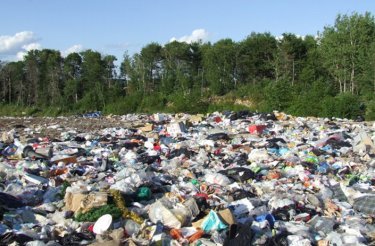
What are soft plastics?
Understanding what qualifies as soft plastic is the first step to implementing effective recycling solutions, and to diverting significant waste from landfill. Soft plastics are lightweight, flexible plastic materials that can be easily scrunched or folded in your hand.
Common examples include:
- LDPE film
- Plastic wrap
- Carrier bags
- Cling film
- Bubble wrap
- Pallet wrap
- and other flexible packaging films
Unlike rigid plastics – such as bottles, tubs, or containers – soft plastics do not hold a solid shape, which can make them more challenging to collect, process, and recycle.
These materials are widely used across industries and appear in everyday life. In retail, they often come as product packaging or wrapping for goods in transit. In e-commerce, soft plastics protect items during shipping, while in the food industry, they are used for cling film, bread bags, and other lightweight wrappers. Manufacturing and logistics sectors also generate large volumes of soft plastic in the form of off-cuts, protective films, and shrink wrap.
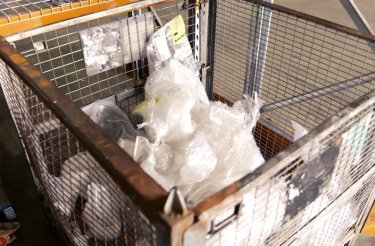
Why recycle soft plastics?
If not properly managed, soft plastics often end up in landfills or oceans, persisting for decades. Their slow breakdown releases microplastics, polluting soil and waterways and harming wildlife. These long-term effects make recycling a critical environmental priority.
Resource conservation
Recycling conserves raw materials and energy otherwise used for virgin plastic production. With mechanical and chemical recycling technologies, soft plastics can be recovered and reprocessed in closed-loop systems, reducing reliance on fossil fuel–based feedstocks.
Regulatory and social pressures
UK and EU regulations, such as plastic bans and extended producer responsibility (EPR), are pushing businesses to reduce plastic waste. At the same time, consumer demand for sustainable practices is growing. Meeting these expectations helps ensure compliance and strengthens brand reputation.
Recycling soft plastics is therefore essential for reducing pollution, conserving resources, and meeting both regulatory and social obligations.
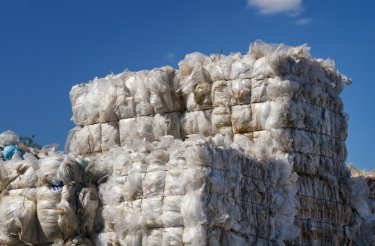
Challenges in soft plastic recycling
Collection and sorting challenges
Soft plastics are lightweight and prone to drifting or compacting into awkward shapes, making collection difficult. They also require careful segregation from general waste to maintain recycling quality. Many recycling facilities still do not accept soft plastics due to contamination risks or technology limitations, meaning improperly sorted material often ends up in landfill instead.
Contamination issues
One of the biggest barriers to soft plastic recycling is contamination. Food residue, product labels, or mixed materials can reduce recyclability and even damage processing equipment. To ensure a viable recycling stream, soft plastics often need cleaning or pre-treatment before baling, adding extra steps for businesses.
Lack of awareness
Many businesses and consumers are unaware that soft plastics can be recycled, or how to do it effectively. Without clear guidance, these materials are often disposed of with general waste, missing the opportunity to divert them from landfill. Education, signage, and streamlined processes are essential to boost recycling rates.
Overcoming these challenges requires the right collection systems, training, and equipment, ensuring soft plastics are clean, sorted, and ready for efficient recycling.
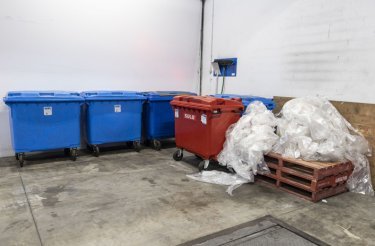
How Mil-tek Solutions Help with Soft Plastic Recycling
Balers for soft plastic:
Mil-tek’s range of balers is designed to compress soft plastics, such as LDPE film, pallet wrap, and plastic bags, into dense, manageable bales. This not only makes them easier to store but also simplifies transport to recycling facilities. We have balers that are particularly effective for low-density film and smaller volumes, and larger models that can handle higher throughput for bigger operations.
Compactors and waste handling:
For businesses generating loose or bulky soft plastics, Mil-tek compactors significantly reduce waste volume at the source. By minimising the space soft plastics occupy, you can cut down on skip collections and associated disposal costs. Compacted waste is cleaner, easier to handle, and less likely to become contaminated.
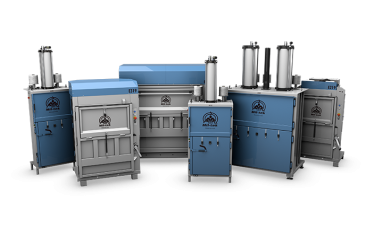
Improving recycling rates:
Separating and baling or compacting soft plastics increases the likelihood of finding specialised recyclers willing to accept them. High-quality, uncontaminated bales may even qualify for rebates, turning waste into a potential revenue stream while keeping it out of landfill.
Integration with existing systems:
Mil-tek machines are engineered to fit seamlessly into existing waste workflows. Whether in a small retail shop or a large distribution centre, our equipment integrates with your space, processes, and collection schedules, making soft plastic recycling efficient and cost-effective.
By combining the right equipment with proper segregation, Mil-tek helps businesses overcome the logistical challenges of soft plastic recycling, reduce costs, and improve environmental performance.
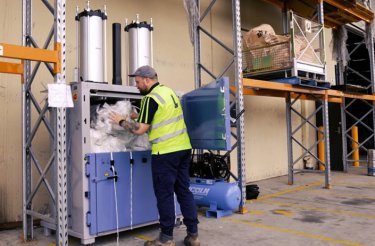
Best Practices for Soft Plastic Recycling 💡
Segregation and pre-sorting
To maximise recycling rates, keep soft plastics separate from general waste at all times. Contamination is one of the biggest barriers to effective recycling, so ensure staff are trained to properly identify and segregate these materials. Clear signage, colour-coded bins, and designated collection points make it easier for employees to follow best practices.
Cleaning and contamination prevention
Where possible, rinse or remove food residue from soft plastics before disposal. Even small amounts of contamination can reduce the value of the material and limit the number of recyclers willing to accept it. Clean, dry, and well-sorted plastics are more likely to be processed efficiently and may qualify for higher rebates.
Regular baling/compacting schedule
Implement a consistent baling or compacting routine to prevent waste from piling up. Regular processing not only keeps the facility organised but also produces high-quality, uniform bales that are easier to transport and store.
Partnering with reputable recyclers
Work with local or national recyclers who specialise in soft plastic processing. Establishing strong partnerships ensures a reliable outlet for your bales and may open up opportunities to generate revenue by selling them in bulk. A steady supply of clean, dense bales is more attractive to buyers and can turn recycling into a cost-saving, income-generating part of your waste strategy.
Soft plastics recycling FAQ
Can all soft plastics be recycled?
Not always. Some films have multiple layers, coatings, or mixed materials that make recycling difficult. Always check with local recyclers to confirm what they accept.
What types of Mil-tek machines handle soft plastics?
Mil-tek offers vertical balers and other specialised models designed to compact soft plastics efficiently.
How often should I bale soft plastics?
It depends on your waste volume. Many businesses bale daily or weekly to maintain organisation and produce high-quality, uniform bales.
Does baling soft plastics really improve recycling rates?
Yes, baled materials are cleaner, better sorted, and more compact, making them far more attractive to recyclers and increasing the chances they will be accepted.
Contact Mil-tek today for your soft plastic recycling solution
Soft plastic recycling reduces landfill waste, cuts CO₂ emissions, and conserves resources. Despite challenges like contamination, rewards like lower disposal costs, improved sustainability, and potential recycling revenue are significant.
Explore Mil-tek’s Plastic Balers or contact us today for a tailored solution.